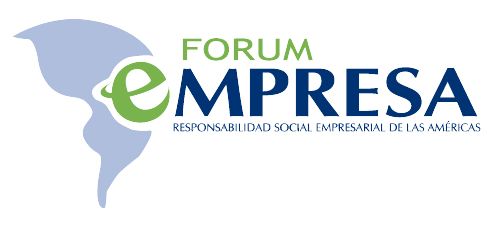Is Wal-Mart a Good Thing or A Bad Thing?
This is the question Charles Fishman, an acclaimed journalist, asked a few years ago in his book “The Wal-Mart Effect.” At the time, some could argue “Good” because it saved American consumers billions of dollars, but Fishman and others disagreed. Fishman showed us another side to the story. He said these savings were achieved by shifting costs to suppliers and forcing small business into bankruptcy. In many cases the situation was so detrimental that when Wal-Mart moved into a new town, the company caused poverty in the area.
In 2005, after hurricane Katrina hit the New Orleans area, Wal-Mart had a wake-up. It was one of the first companies to respond to the disaster with money, free merchandise and over 1,900 trailers loaded with emergency supplies for people in the affected areas. Since then, the company has embraced sustainability in such a way that is has surprised critics. It has focused not only on absolute numbers like zero waste and 100 % alternative energy, but it has put sustainability in the middle of the business strategy, making it difficult to criticize Wal-Mart in the last few years.
Recently Wal-Mart has been accused of concealing bribery. In April 2012, the New York Times reported that top executives of Wal-Mart de Mexico had bribed authorities in 2005 and 2006 to expedite the opening of hundreds of stores across the country. The article also mentioned that the company failed to notify law enforcement officials of this situation after its own investigators found evidence of the bribes that totaled $ 24 Million. None of the Wal-Mart executives were disciplined. In fact, Eduardo Castro-Wright, the driving force behind the bribes was promoted to vice chairman of Wal-Mart in 2008.
Now that this information has come to light, Wal-Mart CEO Mike Duke told employees and shareholders at the company’s annual meeting that they are committed to ethical behavior and will get to the bottom of the allegations.
In the meantime, according to a recent New York Daily News article “shareholder groups, including the nation’s two largest public pension funds, and key proxy adviser firms have called for the removal of several board members, including CEO Mike Duke and former CEO Lee Scott. Investors have filed lawsuits against top executives.”
Will Wal-Mart use this as an opportunity to become a stronger company? More will be revealed in the next few months. We can say the issues regarding questionable employment practices and aggressive entry into markets are important, but this situation now seems more complicated because it strikes at the core of how a company is run. Acting with integrity should be a non-negotiable for any company, regardless of the struggle companies experience between their commitment to ethics and the relentless pursuit of growth.













